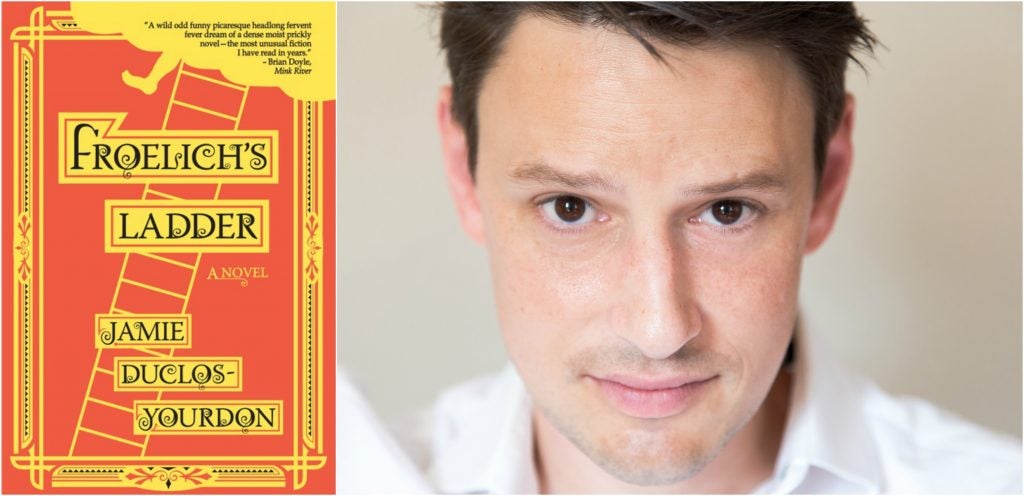On “Froelich’s Ladder”: An Interview with Jamie Duclos-Yourdon
“From a plot perspective, each of my characters has the opportunity to help another character, and they all take that opportunity. Now, in order to facilitate those decisions, I had to introduce them to peril. I was fine sticking them in dire situations, knowing that they’d make it through unscathed. Nobody comes off worse than he or she begins.”
On “Froelich’s Ladder”: An Interview with Jamie Duclos-Yourdon Read More »
“From a plot perspective, each of my characters has the opportunity to help another character, and they all take that opportunity. Now, in order to facilitate those decisions, I had to introduce them to peril. I was fine sticking them in dire situations, knowing that they’d make it through unscathed. Nobody comes off worse than he or she begins.”





